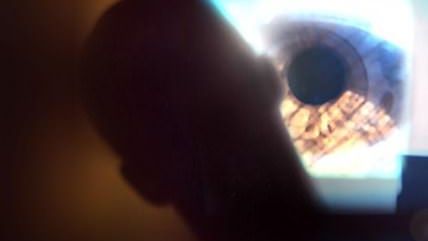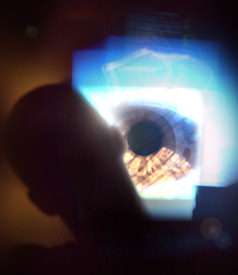Obama's NSA 'Independent' Review Clearly a Public Relations Move
Closed to the public and not independent from those overseeing the programs


Back in August, ABC News noted that the "outside" experts President Barack Obama has brought in to review the National Security Agency's surveillance programs appeared to be populated by former administration officials, raising questions of how independent this group is going to be.
Over the weekend, the Associated Press took a look at what was going on (well as close as they could, you'll see) and concluded pretty much what you'd expect at this point: There is very little indication that this review is actually going to be independent, and the meetings are closed to the public, even though there's been no discussion of classified information. The AP notes:
[W]ith just weeks remaining before its first deadline to report back to the White House, the review panel has effectively been operating as an arm of the Office of the Director of National Intelligence, which oversees the NSA and all other U.S. spy efforts.
The panel's advisers work in offices on loan from the DNI. Interview requests and press statements from the review panel are carefully coordinated through the DNI's press office. James Clapper, the intelligence director, exempted the panel from U.S. rules that require federal committees to conduct their business and their meetings in ways the public can observe. Its final report, when it's issued, will be submitted for White House approval before the public can read it.
Even the panel's official name suggests it's run by Clapper's office: "Director of National Intelligence Review Group on Intelligence and Communications Technologies."
I wondered back in August when nudge czar Cass Sunstein was named to the review panel whether this meant the administration saw the whole scandal as a marketing problem rather than an actual constitutional and privacy problem. AP reporter Stephen Braun raises those same concerns:
The formal White House memorandum days later — effectively the legal charter for the group — does not specify anything about its role being independent of the Obama administration. It directed the panel to emphasize in its review whether U.S. spying programs protect national security, advance foreign policy and are protected against the types of leaks that led to the national debate in the first place. The final consideration in the White House memo told the panel to examine "our need to maintain the public trust." There was no mention of the panel investigating surveillance abuses.
The review panel, in a statement released through the DNI's press office, confirmed to the AP that Clapper had exempted it from the U.S. Federal Advisory Committee Act, which requires such committees to conduct open meetings and notify the public about their activities. It said Clapper made the decision because of the "highly classified nature of their review," but added: "We are conducting this review as openly and transparently as possible." In private meetings so far, several attendees said their discussions did not mention any classified activities and that the panel members steered them away from doing so.
Several tech company representatives attended a session (but phone companies did not, Braun noted). They were not left with the impression that any surveillance reform was actually under consideration:
Neither session, according to participants, gave any hint of changes under consideration.
"Any time someone brought up what was at the heart of these issues," [Sascha] Meinrath, [director of the Open Technology Institute], said, "we were told to put that into record on the website, or else we were told it was classified."
It kind of reminds me when city governments have "community meetings" to get feedback in advance of their regular master plan updates, and then introduce whatever they and their consultants had already cooked up anyway and simply say that community participation played a role, all evidence to the contrary.


Show Comments (51)